
Today, September 17th, 2019, in Hanoi, the Vietnam Sustainable Energy Alliance (VSEA), Vietnam Climate Action Alliance (VCCA) and the Working Group on Climate Change (CCWG) organize Vietnam Renewable Energy Week 2019. The event takes place from 17th to 20th September in Hanoi and An Giang aiming to create a forum for information exchange and multi-stakeholder dialogue in order to propose solutions to contribute to the process of just energy transition and bring the greatest benefits for sustainable development in Vietnam.
Over this year, Vietnam has made strong strides in developing renewable energy. Especially with the record of newly installed solar power capacity, Vietnam has become one of the most dynamic and attractive renewable energy markets in Southeast Asia. However, this rapid development is also posing new challenges for the power grid, land use, electricity pricing mechanism, human resources/employment, and finance resources. In order to overcome these challenges, it is necessary to have joint-hand, support and efforts from policymakers, local government and communities, researcher business community, development organizations as well as financial sector
Under this context, the Renewable Energy Week 2019 is organized with a focus on “Energy transition in Vietnam: opportunities, challenges and lessons learned from international”. This is an opportunity to bring the voices of stakeholders to contribute to promoting energy efficiency and sustainability in Vietnam, in particular for the upcoming energy development directions such as PDP VIII or other relevant renewable energy and climate policies.
The series of events in Hanoi will be kicked-off with first workshop: Energy transition in Vietnam which updates the current status of Vietnam's electricity system development, and What should we do to seize the opportunity from the energy transition trend? What we can learn from successful international experience on transition? All these things will be figured out in this event.
Job creation and employment is an important topic of the transition. The decision of increase a percentage of renewable energy in PDPVII revised from 6% to 10.7% has paved the way for 315,000 jobs created each year from the electricity sector, in which, the number of new jobs created from renewable energy is double the one gained from fossil fuel. As results, the training and education work of universities and vocational school need to adapt quickly to meet the demand from this trend in order to create qualified human resources for domestic needs. This content will be discussed in a thematic workshop of “Mobilizing co-benefits of climate change reducing solutions from renewable energy” within the framework of this workshop.
The energy transition process will be a golden opportunity to attract investment. Thus, whether attracting investment in renewable energy is easy or difficult? Where does the financial source for energy come from? What is the demand for renewable energy investment from the private sector? How could industries apply renewable energy? This series of questions will be discussed at the workshop: Green Finance for Renewable Energy in Industries in Vietnam.
Mekong Delta Vietnam has high potential for clean energy transition, especially, An Giang is one among champions in renewable energy development. To update the current status of renewable energy development in Mekong Delta Vietnam and solutions at local level, the workshop of “Sustainable Energy Transition: opportunities and challenges for Mekong Delta Vietnam” will be organized on 20th Sept in Long Xuyen city, An Giang. This workshop will emphasize initiatives from local people, business of decentralized and dual-used energy development model.
“As a country with diversified and abundant renewable energy potential, Vietnam shall gain many benefits if accelerating early shifting to clean energy development. Prioritizing efficient use of energy and promoting the development of renewable energy will help ensure energy security, reduce dependence on imported fossil fuels, reduce pollution, mitigate climate change, protect public health, enhance faster access to energy for the poor, create opportunities to attract investment and create jobs for localities, which will boost local economy, promote the participation and innovation from people and private sector into the development of clean energy market. Therefore, in order to ensure a fair and equitable energy transition, we need to enhance dialogue, information sharing, solutions’ discussion, lessons learned exchange between countries, localities and multi-stakeholders’ cooperation and take action together to overcome difficulties, paving the way to bring clean energy to every Vietnamese home”. – Ms. Nguy Thi Khanh – Director of Green Innovation and Development Centre (GreenID) – VSEA coordinator organization.
For more information, please contact:
Ms. Nguyen Thi Trang Nguyen
Email: nguyengreenid@gmail.com ĐT: 0389929348
------------------------------------------------------------------------------------------------------------------------------------------
Vietnam Sustainable Energy Alliance (VSEA) was established in 2012 by five NGOs to promote sustainable energy development in Vietnam and the Mekong region. VSEA understood itself as a proactive partner within Vietnam’s energy transition. At the moment, VSEA has 12 members.
The Climate Change Working Group in Vietnam (CCWG) was established in early 2008. It operates under the auspices of the VUFO - NGO Resource Center and brings together INGOs, Vietnamese NGOs, development agencies and other professionals. The networks mission is to contribute to reducing the vulnerability of poor people in Vietnam to the impacts of climate change through NGO coordination, advocacy and capacity building for environmentally and economically sustainable and socially just responses to climate change.
Vietnam Coalition for Climate Action (VCCA) is a multi-stakeholder network of business, NGOs, financial institutions and individual champions in the field of sustainable energy, green development and climate change in Vietnam. The Coalition committed to taking concrete actions to join efforts made by the government, existing networks and alliances in responding to climate change and low-carbon development in Vietnam.

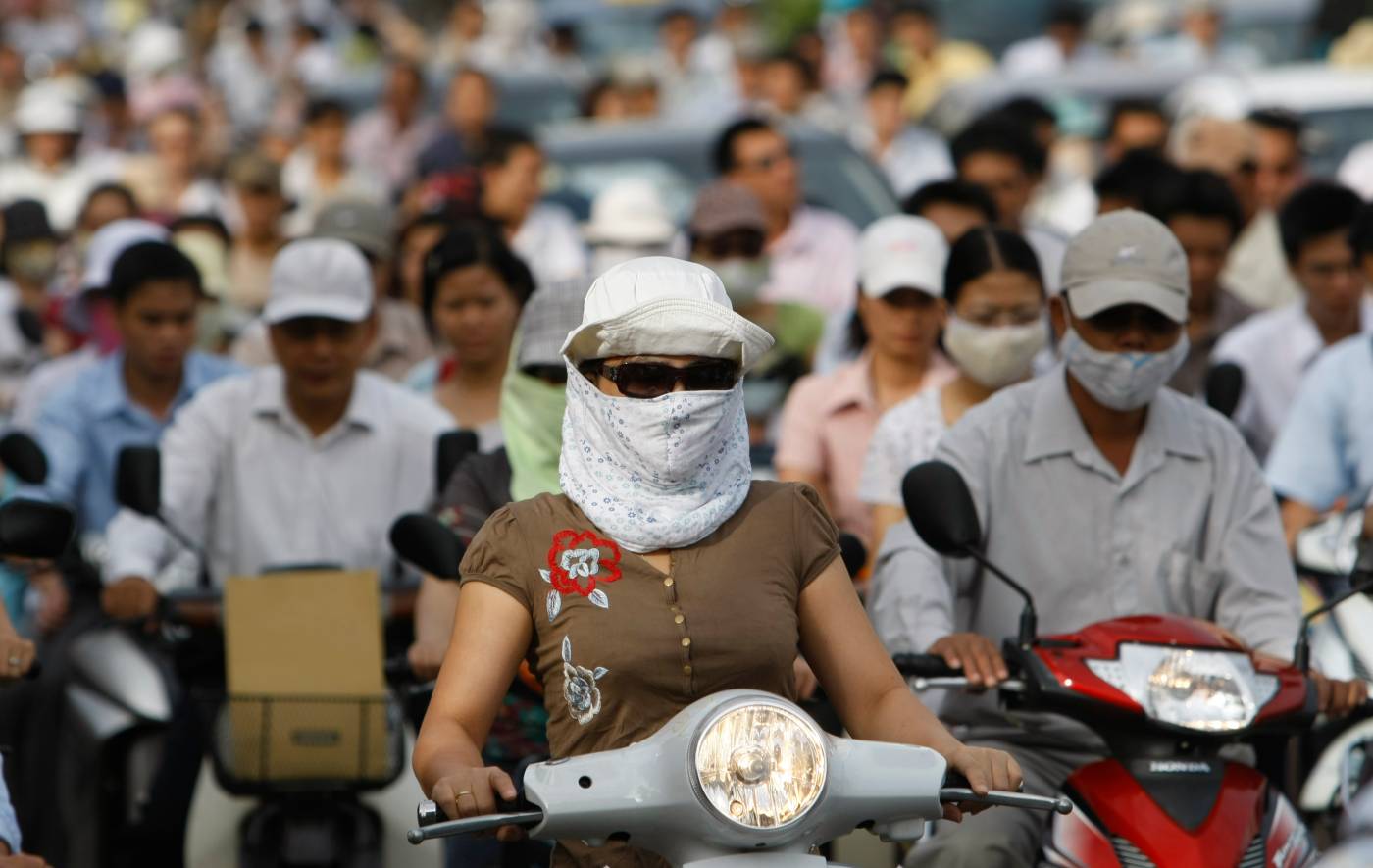
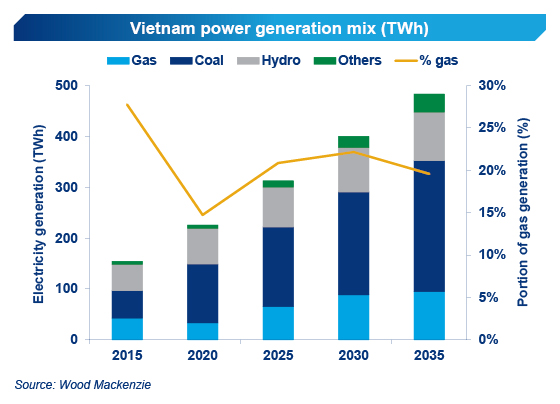
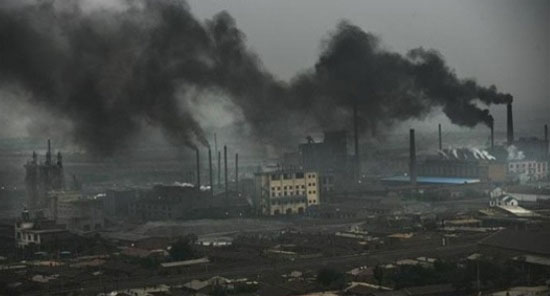
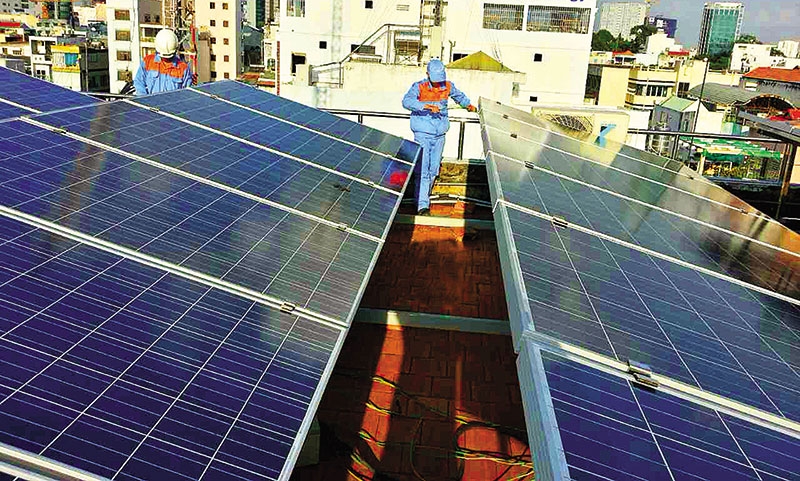
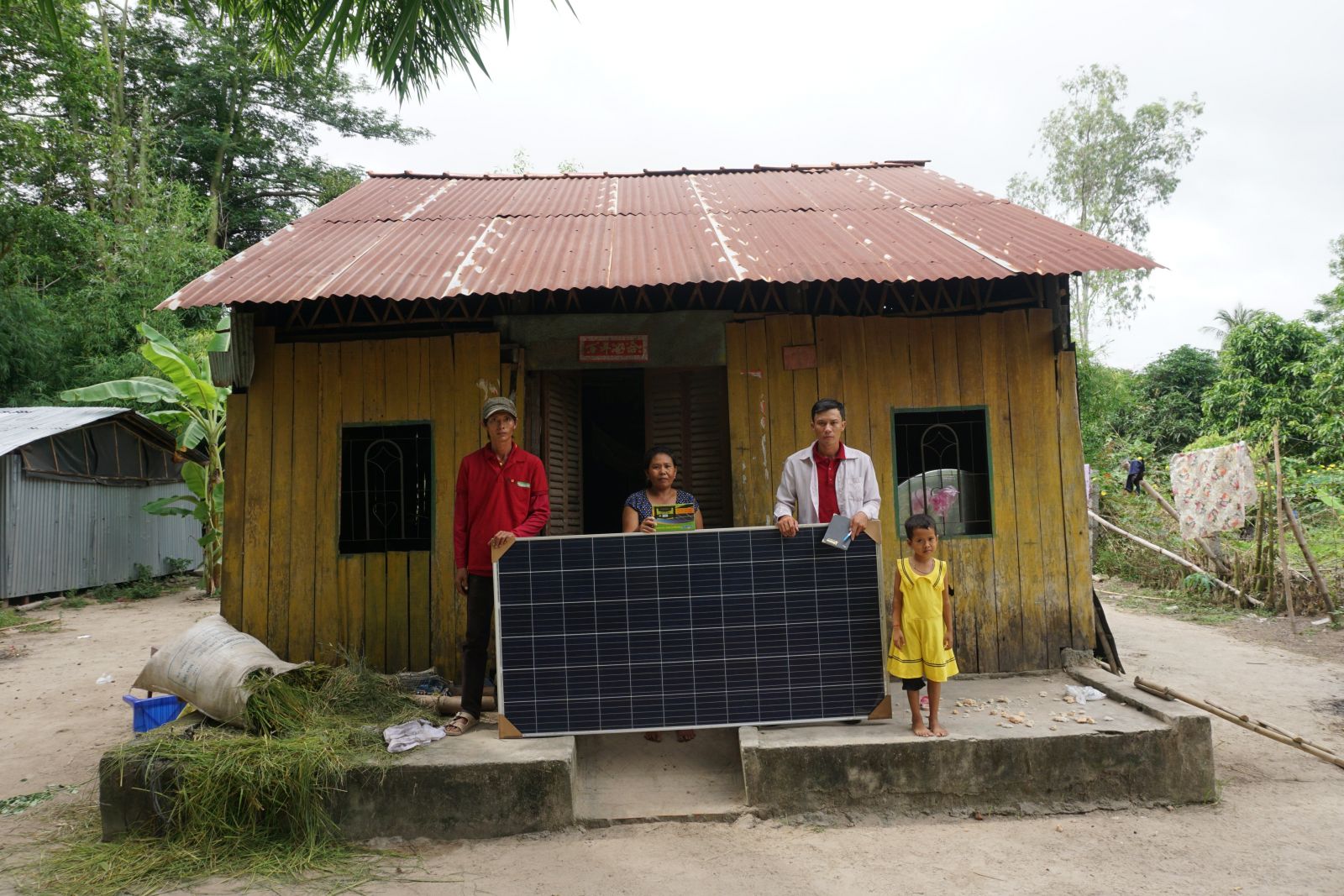

.png)
